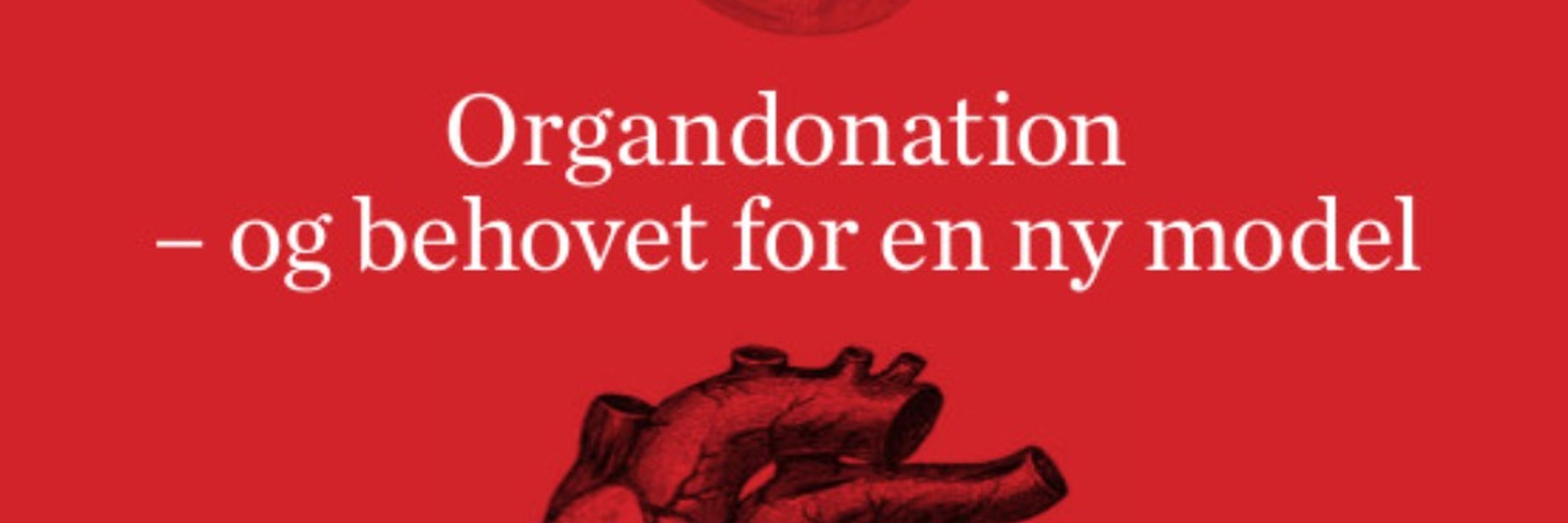Andreas Albertsen
@andreasalbertsen.bsky.social
500 followers
620 following
160 posts
Associate professor, Political Science @AarhusUni and @CEPDISCresearch. Distributive justice, controversial markets, discrimination, and organ donation ethics.
Posts
Media
Videos
Starter Packs
Reposted by Andreas Albertsen












